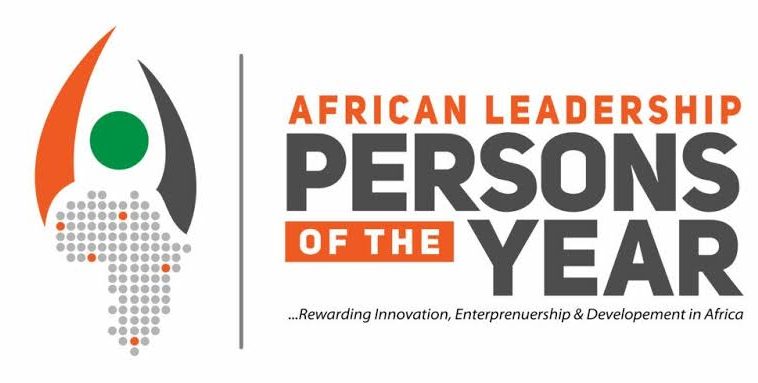The recent culmination of the United Nations Climate Change Conference, COP28, held in Dubai from November 30 to December 12, 2023, served as a pivotal platform for global leaders to convene and deliberate on the imperative battle against climate change. Among the distinguished attendees, African leaders emerged prominently, showcasing their resolute and proactive stance towards addressing Africa’s climate challenges.
The conference, a convergence of minds from across the globe, was a pointer to the collective determination to curb the adverse impacts of climate change. Notably, African representatives arrived armed with a unified appeal for urgent, comprehensive global action. Their collective objective resonated around a pressing need for increased financial commitments to mitigate climate change’s severe impact on the African continent.
The foundation for Africa’s assertive position at COP28 was laid during a crucial assembly in Nairobi, Kenya, where African government officials, lawmakers, activists, and organisational delegates formulated the Nairobi Declaration. This landmark statement outlined Africa’s expectations, emphasising the necessity for global leaders to endorse substantial financial targets dedicated to curtailing global emissions and bolstering support for the continent’s climate resilience.
Africa’s vulnerability to climate change was underscored during the conference, with leaders spotlighting the continent’s susceptibility to catastrophic weather events, water scarcity, and agricultural disruptions. Of particular concern were the challenges faced by rural women, reliant on the land for sustenance, who bore the brunt of these adversities.
Nigerian President Bola Tinubu passionately advocated for increased investments in alternative energy sources to facilitate Africa’s transition towards sustainable energy. Emphasising the continent’s immense potential to contribute to the global green economy, Tinubu highlighted the critical need for targeted investments to drive Africa’s adaptation and transformation.
President Ruto of Kenya echoed this sentiment, highlighting the stark disparity in global investments, particularly underscoring the stark contrast between worldwide investments and those allocated to renewable energy in Africa. His impassioned plea shed light on the staggering number of Africans lacking access to essential energy services, a fundamental requisite for a decent quality of life, and the provision of crucial services like healthcare and education.
President Suluhu of Tanzania reinforced the call for commitment fulfilment, urging world leaders to honour previous commitments made during past COP events. She emphasised the alarming economic impact of climate change on Tanzania’s GDP and implored global leaders to intensify their efforts to combat climate change worldwide.
President Museveni of Uganda reaffirmed the nation’s commitment to its oil and gas activities, acknowledging their potential to generate revenue for Uganda’s growth, fund investments in renewable energy sources, and provide universal access to electricity. He emphasised the importance of utilising liquefied petroleum gas to offer a cleaner cooking energy source and protect Uganda’s diminishing forest cover.
South African President Cyril Ramaphosa, expressing satisfaction with the engagement level at COP28, presented South Africa’s Just Energy Transition (JET) Investment Plan to UN Secretary-General Antonio Guterres. Highlighting partnerships pledging significant financial support, President Ramaphosa urged additional nations to join the fight against climate change’s disproportionate impact on developing countries.
COP28 concluded with a pivotal shift towards a sustainable future, signifying the commencement of the decline of the fossil fuel era. Delegates established a foundation for an equitable and conscientious transition, bolstered by increased financing and a commitment to substantial emissions reduction.
Looking ahead, as COP29 is set to be hosted by Azerbaijan in 2024 and COP30 by Brazil in 2025, the global community faces the challenge of establishing new climate financing targets. The United Nations proposes a renewed commitment to financing that aligns with the urgency and gravity of the climate crisis, urging governments to recalibrate national contributions in line with the 1.5°C temperature limit, covering all greenhouse gases across their economies.
The resolute and united stance of African leaders at COP28 has undeniably steered the global conversation towards urgent action, affirming their pivotal role in shaping a sustainable future for the continent and the world at large.


